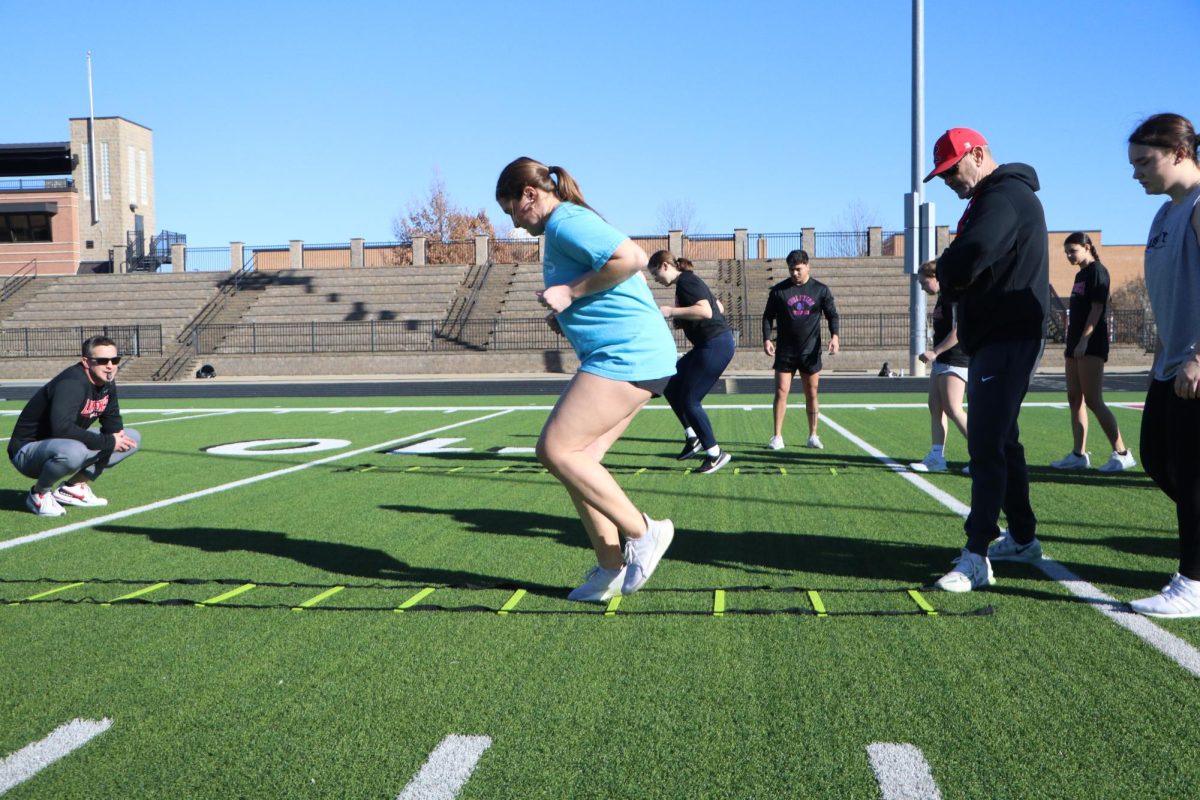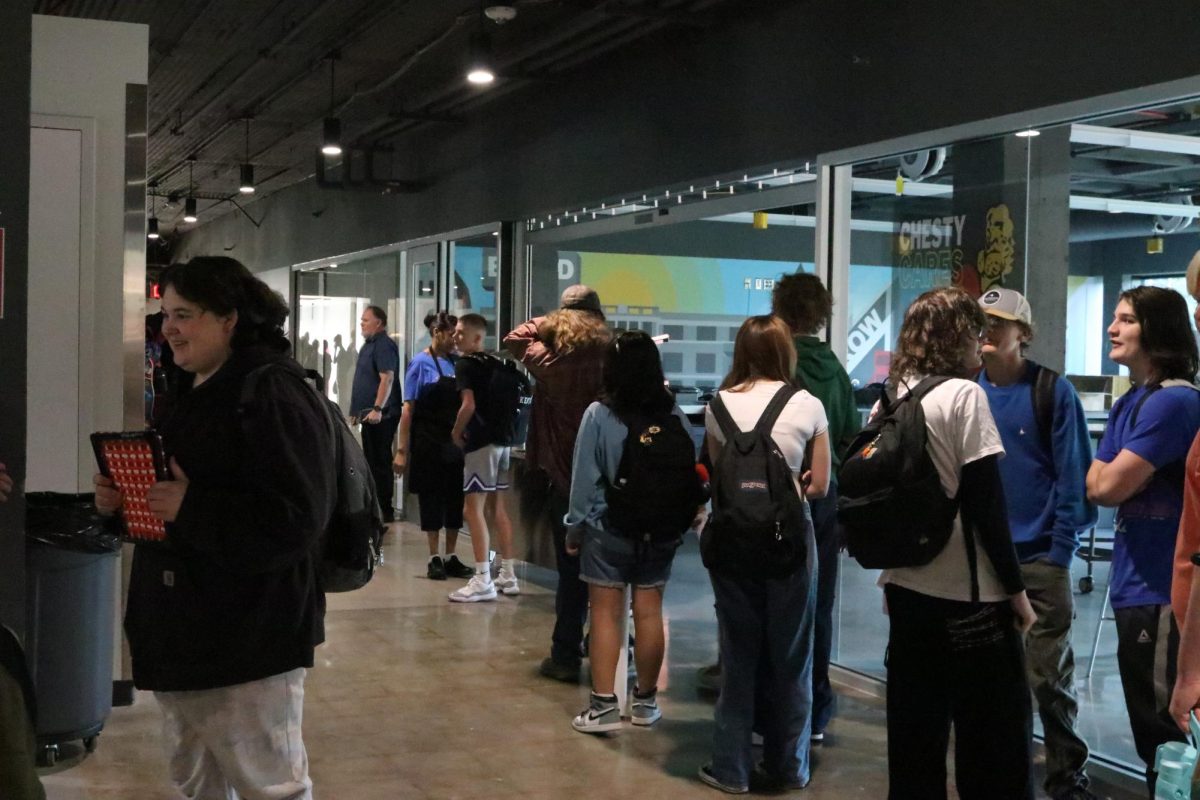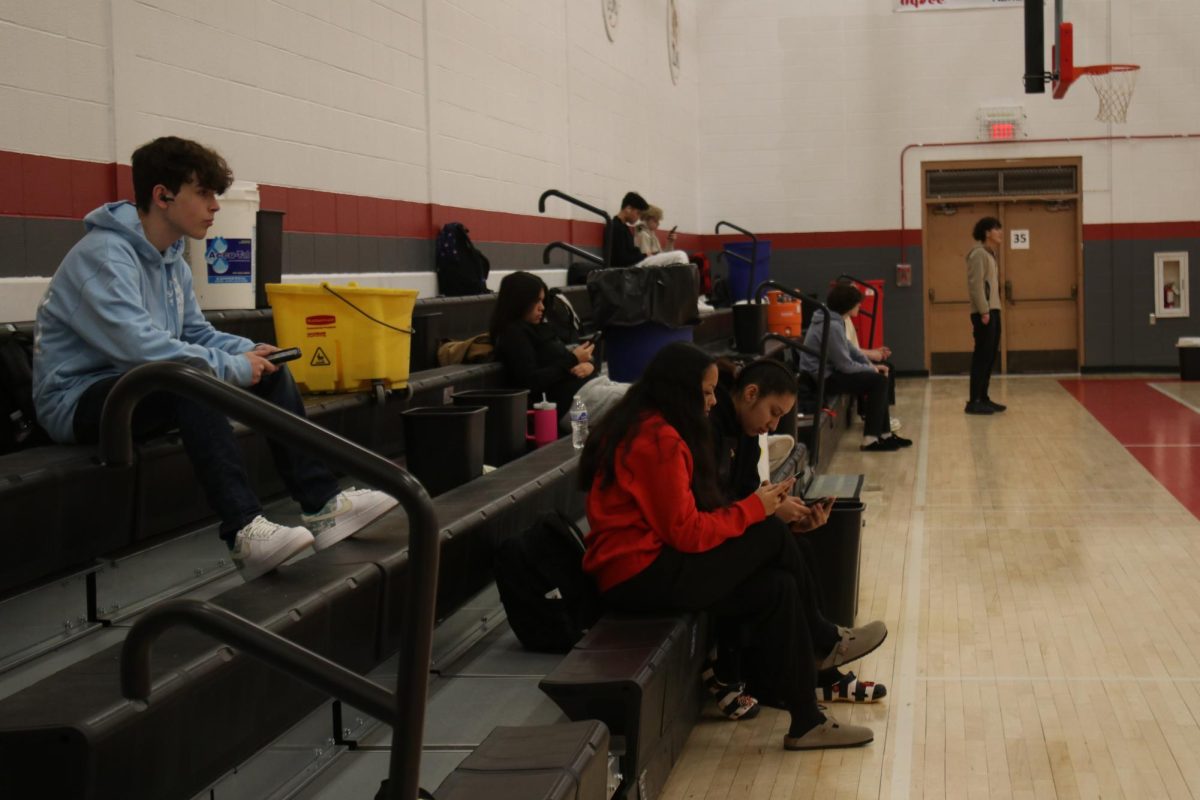Exhaustion, back pains and a lack of time have students questioning the importance of homework.
In classes, teachers stress that in order to succeed, homework must be complete. However, many students struggle with completing everything due to other engagements and the amount of work required. Some studies show that if students have too much homework, it diminishes the effectiveness. The amount of homework teachers give should be reevaluated and adjusted to more positively influence student achievement.
When 14 students were asked how they felt about homework, most understood its importance but saw it as too repetitive and time consuming. Eight out of the 14 said managing homework as well as extracurricular activities leads to long days and late nights, some staying up as late as 2 a.m., receiving less than five hours of sleep.
Many students like some classes and dislike others based on the amount of homework. According to a review on homework by the researchers at Edvantia for the Center of Public Education, there is “no conclusive evidence that homework increases student achievement across the board,” which makes such requirements seem unfair and unnecessary. Why do 10 problems when you can sufficiently learn the material in five? With homework, less is more.
Stress and sleep deprivation in teens are two major effects of too much homework. According to one study by sleep expert Dr. Mary Carskadon, teens should receive no less than nine hours of sleep every night in order to stay healthy and fully focused in the classroom. Few teens, however, have such a luxury.
As many are encouraged to participate in extracurricular activities and have jobs, homework becomes a late-at-night task. Carskadon suggests that in order to get enough sleep, teens should eliminate extracurricular activities and avoid after-school jobs. This is not possible for most students. On top of time management, teens struggle with the stress put on them by adults and others to get good grades. Fatigued and stressed, students struggle to maintain good academic standings.
Some may argue that stress and fatigue only affect a certain amount of the student body. However, heavy backpacks often lead to back and shoulder pains that affect the majority of students. Since many teachers assign bookwork, students can carry in their bags up to seven textbooks. In an article by ABC News, it was recorded that students carry nearly 22 percent of their body weight in their bags, which for many students is more than 30 pounds.
Even when both straps are worn, the weight of the bag is often distributed unevenly putting more pressure on one shoulder than the other. This uneven pressure causes shoulder pain and can affect the curvature of the spinal cord, leading to severe back pain.
From a medical perspective, late nights and heavy bags are unhealthy for students. If too much homework can so negatively affect teens, it should be rethought to more effectively meet students’ needs.
Rethinking homework would help many perform better in the classroom. But where should teachers start? Many students suggested general things such as cutting down the amounts and limiting repetitive questions. Other suggestions went more in depth. One student said teachers should switch to more worksheets, so they wouldn’t have to carry so many textbooks. Another student suggested making homework a less dominant part of the overall grade and another went so far as to suggest making homework optional for those who need it but not mandatory for those who don’t.
Homework isn’t a bad thing. It can be a very useful tool. But, too much homework is rarely a good thing. Reevaluating homework amounts and coordination among teachers would lead to a healthier, happier learning environment for all students.














